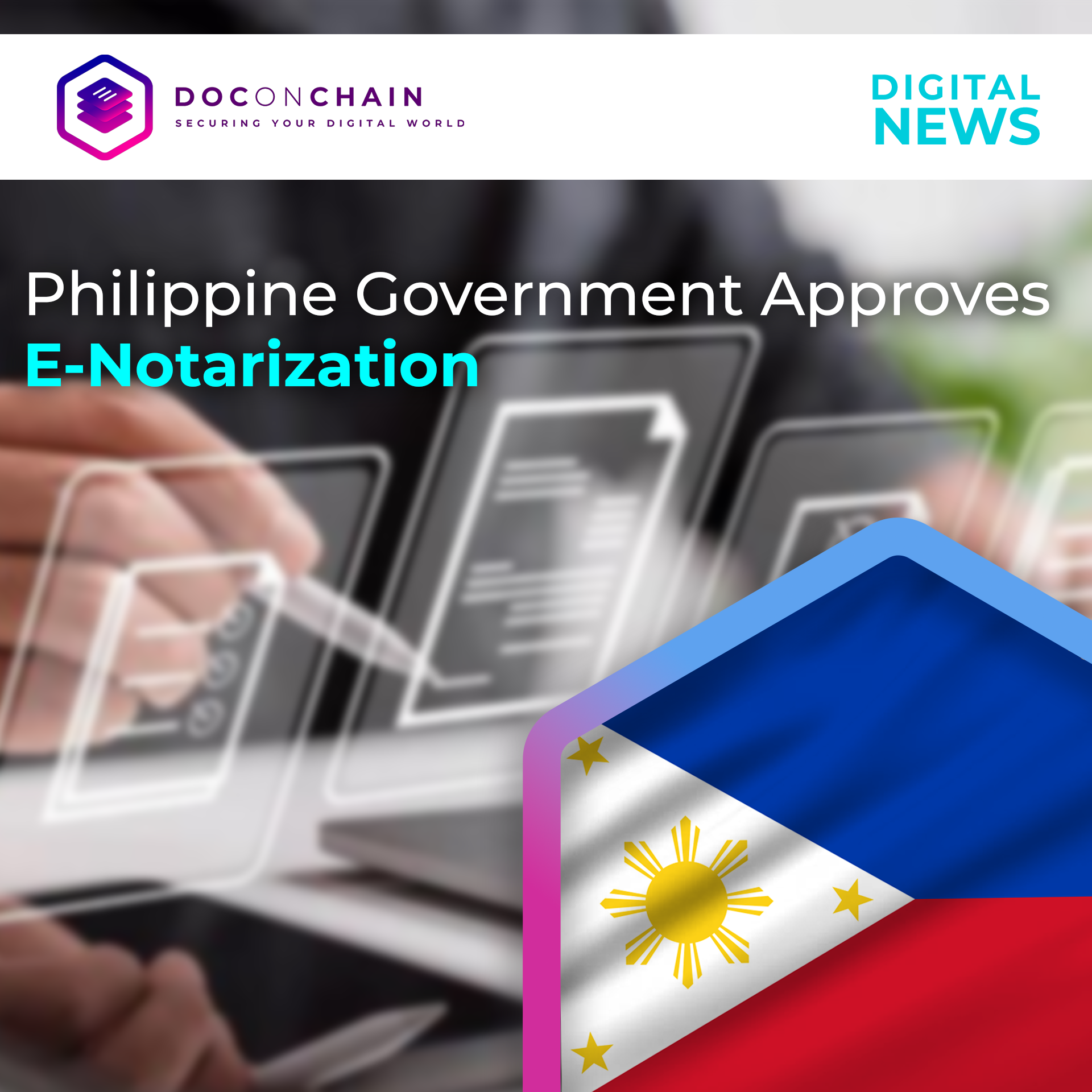The Philippine Supreme Court approved new E-Notarization Rules, modernizing legal processes. This reform allows electronic and remote notarization, expanding access to justice nationwide and enhancing document security and efficiency.
---
Effective March 24, 2025, the Philippine Supreme Court approved new E-Notarization Rules, modernizing legal processes. This reform enhances access to justice and efficiency nationwide through digital notarization, aligning with judicial innovation goals.
The E-Notarization Rules, under A.M. No. 24-10-14-SC, establish Electronic Notaries Public (ENPs), who can now perform notarial acts across the Philippines and even for clients abroad. This expanded jurisdiction addresses limitations of the 2004 Rules, which restricted traditional notaries to their territorial boundaries. This significant shift aims to provide greater accessibility to notarized documents, particularly benefiting individuals in remote or underserved areas who previously faced challenges accessing these essential legal services.
The new framework offers three flexible forms of electronic notarization: In-Person Electronic Notarization (IEN), Remote Electronic Notarization (REN), or a hybrid. All methods use accredited Electronic Notarization Facilities (ENF). Security is paramount, with Multi-Factor Authentication (MFA) including facial recognition and biometrics, complying with Bangko Sentral ng Pilipinas regulations. The electronic notarial book's integrity is protected against tampering, and all ENF data is safeguarded by the Data Privacy Act, ensuring secure and verifiable digital transactions.
Currently, the E-Notarization Rules apply solely to electronic PDF documents, while traditional paper documents and specific legal instruments like notarial wills remain under the 2004 Rules. Effective March 24, 2025, the E-Notarization Rules pave the way for the Office of the Electronic Notary Administrator (ENA), responsible for commissioning ENPs and accrediting ENFs. A Central Notarial Database will also be established as a nationwide repository for electronically notarized documents, ensuring a centralized and accessible record for the nation.
This landmark reform positions the Philippines for a more accessible, efficient, and technologically advanced legal system, built on secure digital processes and expanded access to justice.


